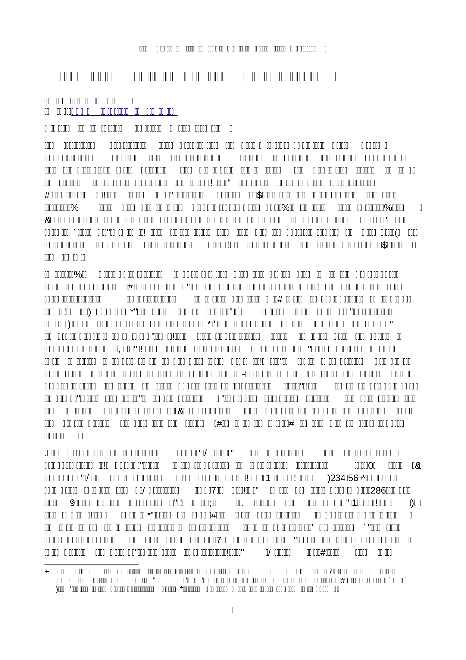Shinto, primal religion and international identity
National identity and religious diversity in Japan Questions of social and political identity in Japan have almost always been accompanied by perceptions and decisions about religion. This is true with respect both to internal political issues and to the relations between Japan and the wider world....
保存先:
| 出版年: | Marburg Journal of Religion |
|---|---|
| 第一著者: | |
| フォーマット: | Artikel (Zeitschrift) |
| 言語: | 英語 |
| 出版事項: |
Philipps-Universität Marburg
1996
|
| オンライン・アクセス: | オンライン・アクセス |
| タグ: |
タグ追加
タグなし, このレコードへの初めてのタグを付けませんか!
|
| 要約: | National identity and religious diversity in Japan Questions of social and political identity in Japan have almost always been accompanied by perceptions and decisions about religion. This is true with respect both to internal political issues and to the relations between Japan and the wider world. Most commonly these questions have been linked to the changing roles and fortunes of Shinto, the leading indigenous religion of Japan. Central though Shinto is however, it is important to realize that the overall religious situation is more complex and has been so for many centuries. This paper examines some of these complexities. It argues that recent decades in particular have seen the clear emergence of a more general "primal religion" in Japan, leaving Shinto in the position of being one specific religion among others. On the basis of this analysis some of the options for the Shinto religion in an age of internationalization are considered. |
|---|---|
| DOI: | 10.17192/mjr.1996.1.3779 |
 Publikationsserver
Publikationsserver